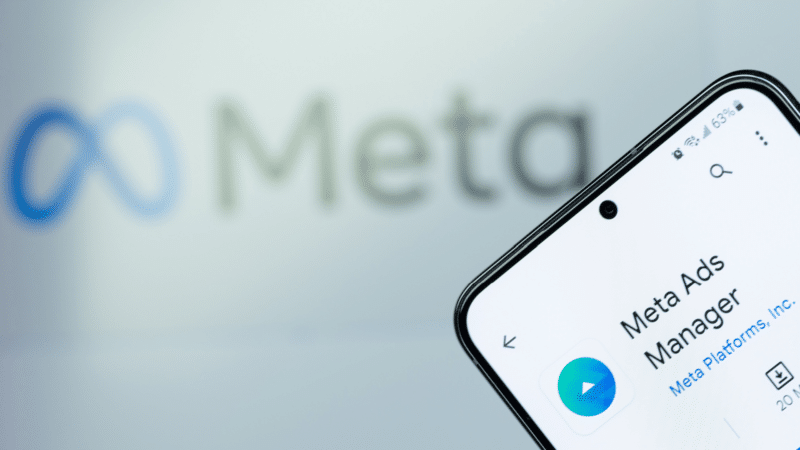
The Implications of the Supreme Court’s Ruling on Meta for Advertisers
The recent Supreme Court ruling allowing a substantial class-action lawsuit against Meta has raised significant concerns within the advertising community. This lawsuit, which alleges that Meta inflated its advertising reach metrics by up to 400%, could potentially seek over $7 billion in damages. This development underscores critical issues regarding the reliability of advertising metrics that are crucial for businesses investing in social media advertising.
Meta’s practices of counting multiple accounts belonging to the same individuals as part of its “potential reach” have come under scrutiny. The decision from the 9th Circuit Court of Appeals, which allows advertisers to collectively seek damages, highlights the uniformity of Meta’s alleged misleading practices. Businesses relying on accurate metrics to guide advertising strategies need to closely monitor this case, as it could lead to significant changes in how advertising data is reported and interpreted across the industry.
Advertising revenue is the lifeblood of Meta’s business model. The implications of this lawsuit could reverberate throughout the industry. If the plaintiffs are successful, advertisers may be entitled to compensation, and the outcome could prompt Meta and other social media platforms to adopt more rigorous and transparent reporting standards. This shift would enhance the reliability of advertising metrics, a necessity for businesses aiming to measure the effectiveness of their marketing efforts accurately.
In the wake of this lawsuit, companies utilizing URL shorteners may face a critical reflection on their advertising strategies. The use of short links for advertising not only aids in tracking engagement but also streamlines the presentation of URLs in marketing campaigns. However, if platforms like Meta are found to have inflated their metrics, the effectiveness of short links may come into question, as businesses will need to reassess the channels through which they distribute their content.
Furthermore, custom domain short links can play a vital role in enhancing brand recognition and trustworthiness when dealing with potentially misleading advertising practices. As advertisers reconsider their reliance on social media metrics, integrating keyword-rich short links, such as those provided by platforms like BitIgniter or LinksGPT, will become increasingly important. These tools facilitate better insights into user engagement while safeguarding brands against misleading metrics.
This lawsuit also serves as a cautionary tale for digital marketers. With the possibility of reform in reporting standards, companies should consider employing URL shorteners that allow for better tracking and analytics. Utilizing a short link management system can help in monitoring campaign performance and ensuring that advertising strategies align with the evolving landscape of digital marketing.
In conclusion, the ongoing litigation against Meta introduces a pivotal moment for advertisers. This case could lead to significant shifts in how advertising metrics are perceived and reported, thereby impacting the entire ecosystem of digital marketing. For marketers and advertisers, the emphasis on using reliable tracking techniques, such as URL shorteners, will be vital for navigating the complexities of advertising on platforms where trust has been compromised.
Hashtags
#BitIgniter #LinksGPT #UrlExpander #UrlShortener #DigitalMarketing #MediaMetrics #SaaS
Envie d'en savoir plus : Lisez ici

